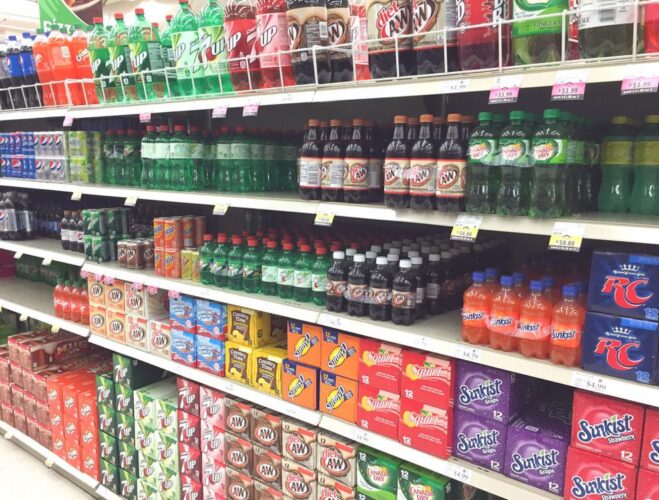(The Center Square) – Money from Seattle’s tax on sweetened beverages is still below pre-COVID-19 pandemic levels, and city officials say they’ll push for a new revenue stream.
In 2022, sweetened beverage tax revenues increased by about 11% [$2 million] from 2021 levels to approximately $21 million. The pandemic caused the tax revenue to drop to a low of $17.3 million in 2020. The report notes that despite the robust growth, revenues are not yet back to pre-pandemic levels.
In 2019, the tax generated $22 million and about $23 million in 2018.
The standard tax rate for the sweetened beverage tax is about 18 cents per ounce. There is a reduced tax rate for certified manufacturers of one cent per ounce.
Seattle taxpayers reported over 1.2 billion ounces, or approximately 9.3 million gallons of sugar-sweetened beverages distributed into the city in 2022. However, many of those ounces are consumed by non-Seattle residents.
Total reported ounces are still slightly below the 1.3 billion in 2019 but have increased 22.7% over 2020 consumption and 9.6% over 2021 consumption, according to the report.
The city’s sweetened beverage tax was implemented in 2018 to improve the health of Seattle residents by reducing the consumption of sugary drinks. Revenue raised by the tax also goes toward programs intended to increase access to healthy food and support child health and early learning.
According to the report, families self-reported drinking fewer sugary drinks. Opinions on the tax stayed similar, while attitudes towards sugary drinks became more negative over time among lower-income individuals, and economic concerns grew among higher-income individuals.
Approximately $22.1 million in revenue was allocated to programs and services in 2022. Out of the $22.1 million, 65% went to food security and access programming and the remaining 35% went to programming dedicated to early learning and child development.
The city’s 2024 endorsed budget assumes that the sweetened beverage tax revenues would total $20.4 million in 2023 and $20.7 million in 2024, which is less than the $21 million the tax generated in 2022.
“The [sweetened beverage tax fund] has been a volatile fund source and faced revenue gaps,” Sweetened Beverage Tax Community Advisory Board Co-Chairs Tanika Thompson Bird and Jen Moss said in a statement. “Looking ahead, we remain committed to monitoring [sweetened beverage tax] investments through an equity and resilience lens and will continue to advocate for equitable and progressive funding solutions for the city’s food security and child development programs.

